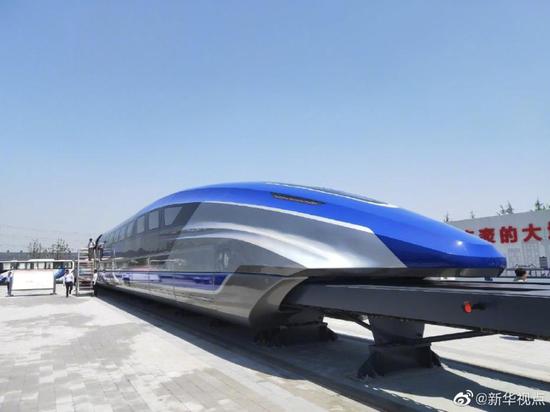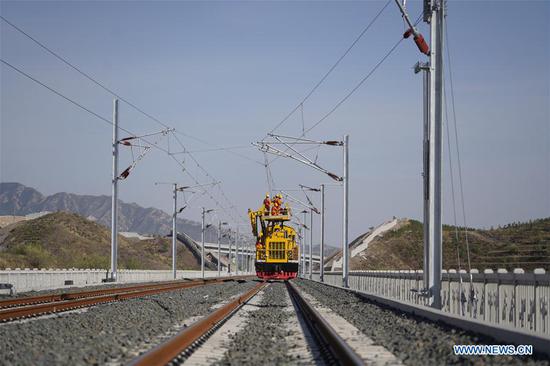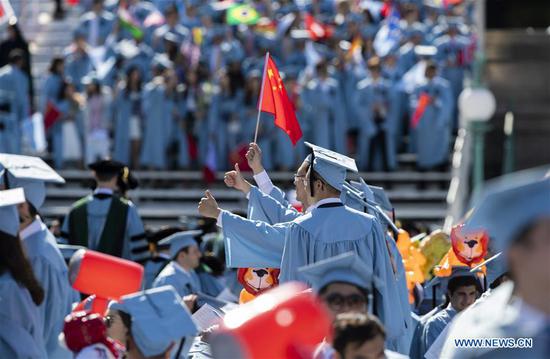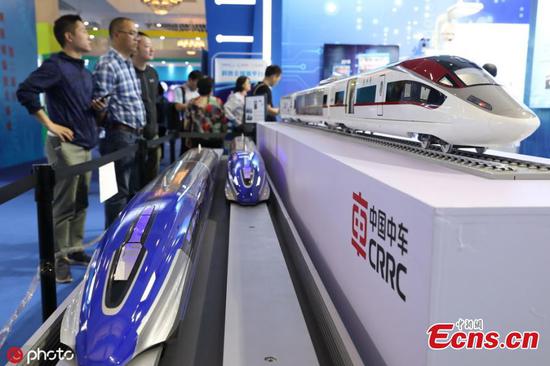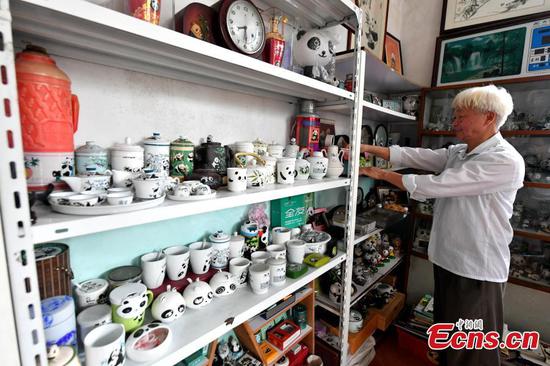The U.S. trade policies can hardly "make America great again" as they are throwing the country in a situation full of conflicts and uncertainties.
Apart from triggering protests from domestic farmers and shoemakers, the policies using tariff as a weapon to contain the development of its trade partners are also destabilizing the world economy.
To pull back from the verge of inflicting more losses on the country, some U.S. politicians need more economic common sense.
Instead of addressing the real ail of the U.S. economy, they insist on reducing trade deficits, which, according to anyone with an ounce of economic sense, should not be the primary focus of a government.
A trade deficit simply means one country buys more goods or services from a country than it sells to them. It is viewed as a natural result of trade flows, not a sign that one country is being "ripped off" by another.
The United States has merchandise trade deficits with more than 100 countries and regions. Americans need to buy these products from overseas, either because of quality or price.
Trade deficits are also determined by factors such as relative strength of currencies, economic growth rates, and savings and investment rates. In the U.S.-China case, it is affected by additional factors, including a miscalculation that inflates the trade gap, the U.S. ban on high-tech exports and deliberate neglect of trade in services where the United States runs a substantial surplus with China.
A trade deficit cannot cause countries to lose money or domestic jobs, but adding tariffs can.
By imposing steep tariffs on imported products, the U.S. administration is actually heavily taxing American consumers and businesses that bear the cost of the tariffs.
The U.S. administration wants to rescue American jobs. However, statistics show that by "rescuing" jobs in steel and aluminum sectors, more jobs are lost in industries that rely on those materials for their products.
A recent study by the Trade Partnership, a U.S. consulting firm, predicted a basic net loss of nearly 934,700 U.S. jobs by including positive impacts on U.S. steel and aluminum producers. Overall, more than 18 jobs would be lost for every steel and aluminum job gained.
Despite its tenacious attempts to fix trade imbalances, the U.S. administration is even farther from achieving its goal. In 2018, the United States posted a merchandise trade deficit of 891.3 billion U.S. dollars, widening 10.4 percent from 2017, and was the largest in the 243-year history of the country.
The trade policies, which have been proved counter-productive, could register the administration on the history of bad policymaking.
Starting with fixing a non-problem, the U.S. administration ended up creating real ones -- escalating trade tensions, inflicting pains on U.S. farmers, increasing costs for American consumers and businesses, rattling financial markets and threatening global growth.
President Trump once called trade deficit a "politician-made disaster." Based on the definition of a trade deficit, it's clear that is not the case. However, based on the evidence, U.S. trade policies seem to be the real politician-made disasters.




















